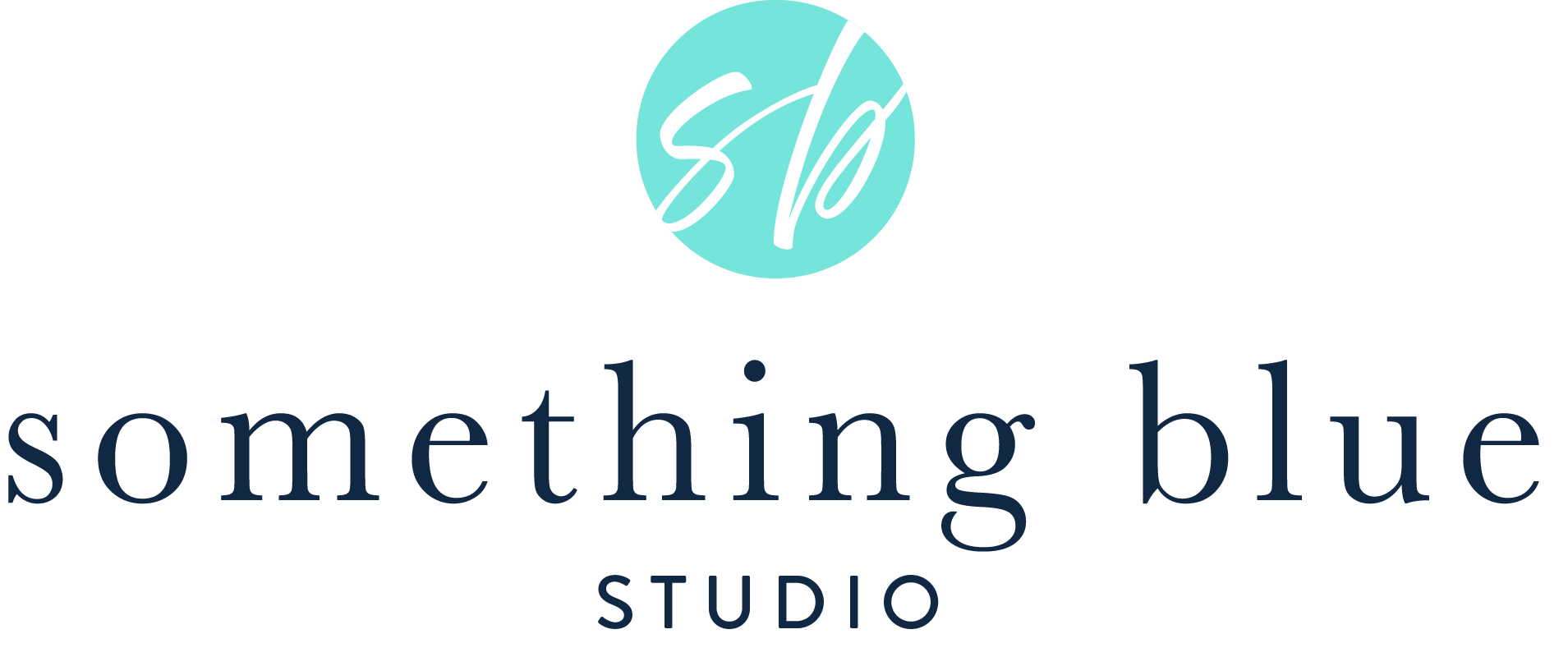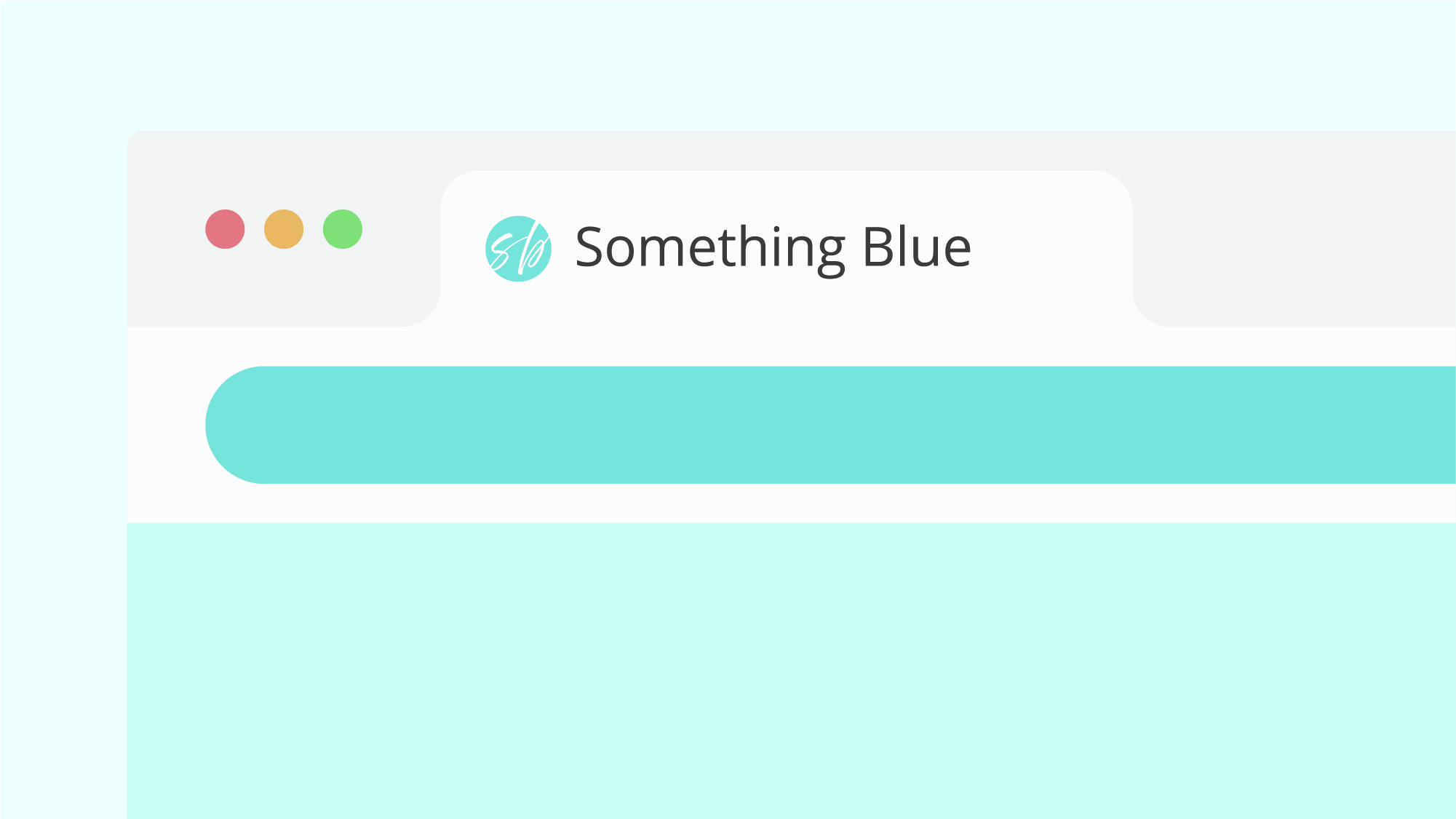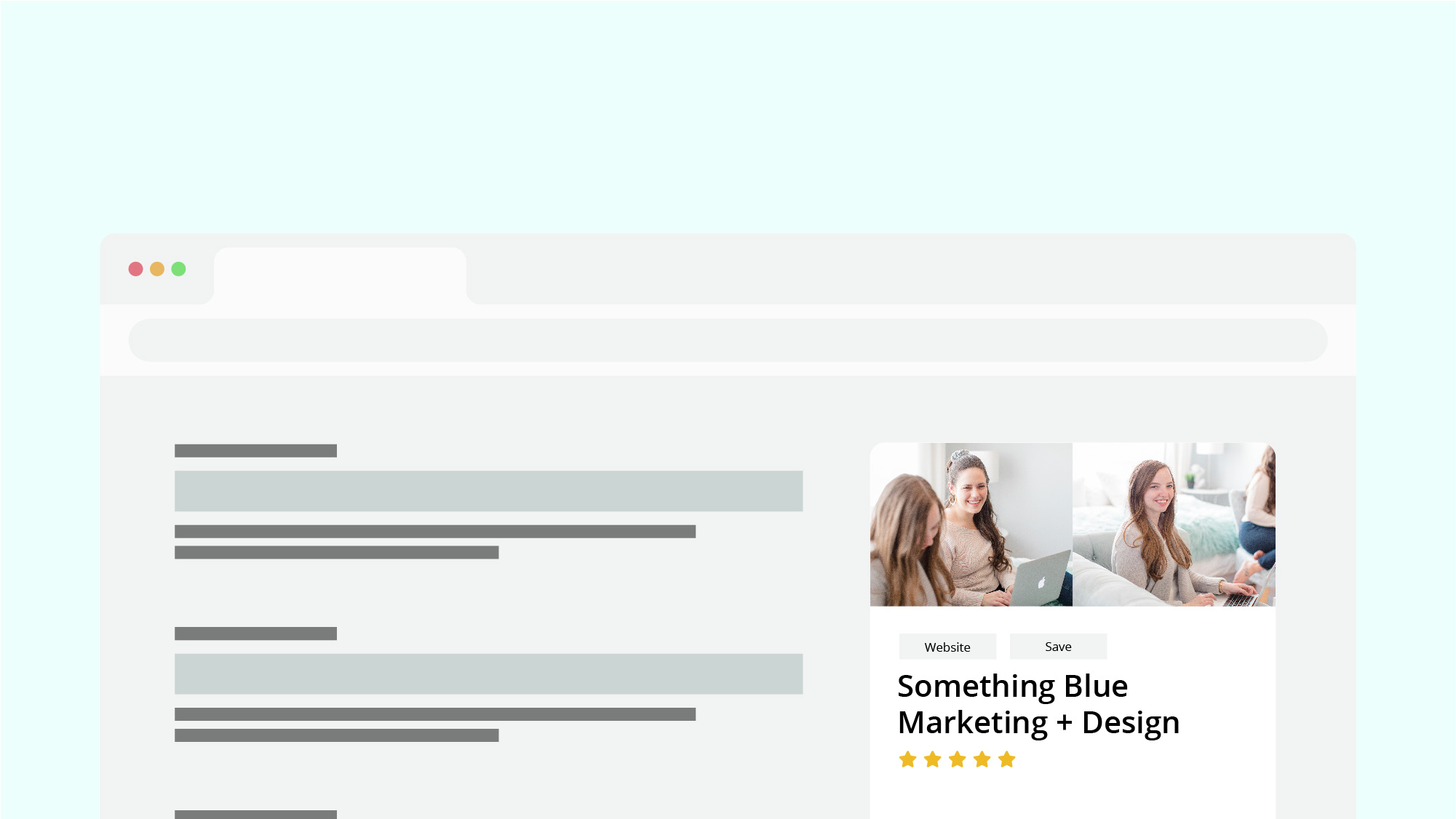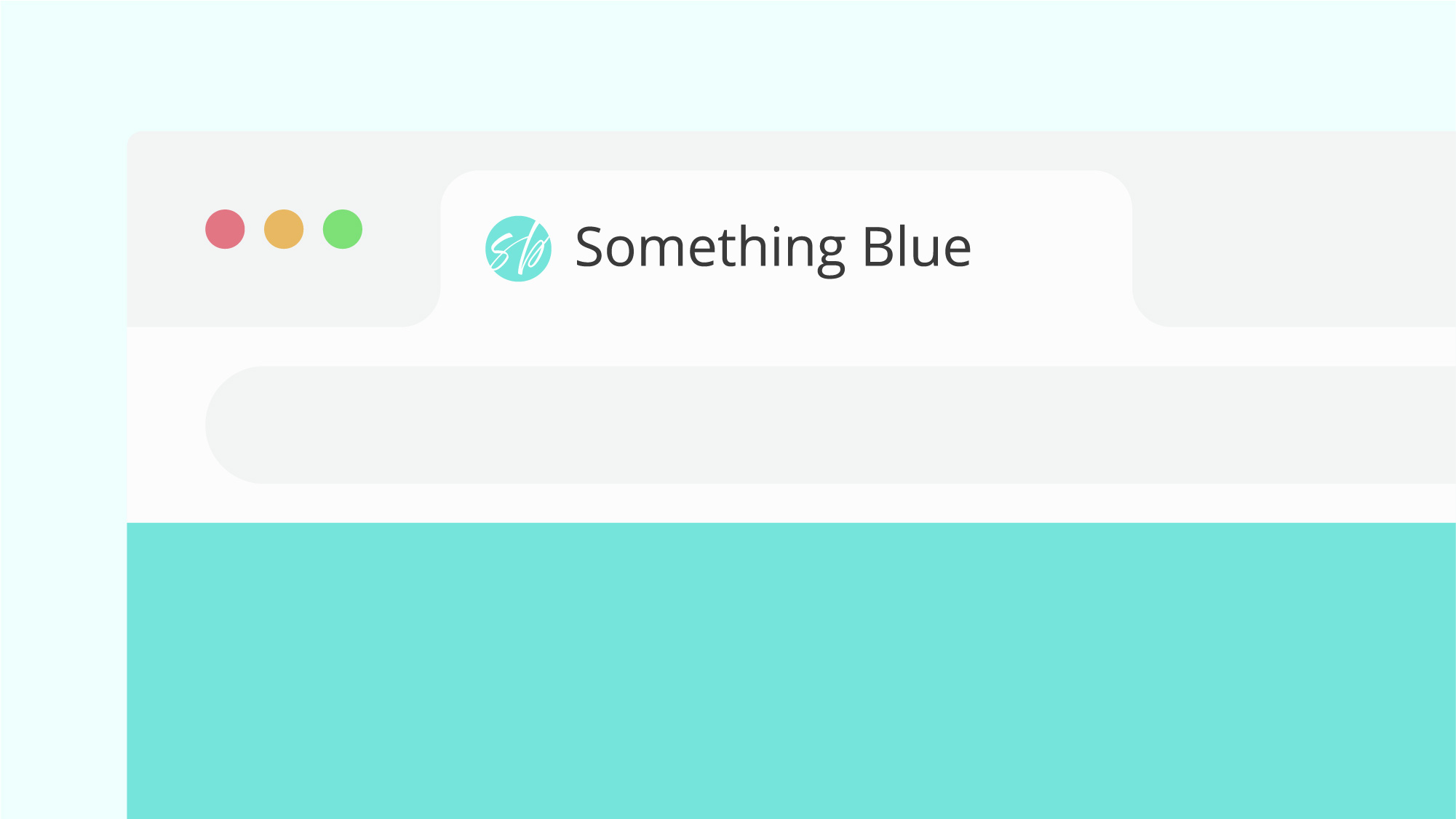Link Types You Need to Know for SEO
“We need backlinks!” is a common thing that we hear when we have an SEO consultation with a potential client. They’ve read the all of the blog posts that talk about how to get the best SEO and backlinks are the thing that they get fixated on, but they are not the only type of link that counts. We’ve compiled a little list to get your “link-jargon” right.
Types of links that you should care about when setting up your website and SEO
Backlink/Inbound Link
Backlinks, also known as inbound links, are links from other sites that point to your site. There’s a whole SEO strategy piece on increasing the number of backlinks to improve your ranking. Our advice? Let it happen naturally as you collaborate with more wedding vendors and they give you credit on their site. Going after inorganic backlinks could harm you in the long run.
Outbound Link
Outbound links are links on your site that point to other websites. Outbound links are a great way to show that you’ve done your research on the industry and link to your friendors to give them some SEO love as well.
No Follow link
Sometimes, you want to link to another site but don’t want to give them the SEO love. (Like hanging out with the unpopular kids in high school – you don’t want everyone to know you’re hanging out with them, but you still want to link to their site. A “no follow” link tells Google not to count that link towards your SEO score.
Relative Links
Instead of writing out the full URL for your website every single time, a relative link is just the part after your domain name (such as /about-the-team vs https://someblue.co/about-the-team). Relative links are awesome in case you decide to change your domain name, enable SSL (change from http:// to https://) or are prone to typos. Your browser automatically assumes you’re staying on the same site when you use a relative link, so the domain name (https://someblue.co in this example) isn’t necessary. Relative links are only for links on your own site – use full links (also called absolute links) when you’re linking to other sites!
AJAX Links
Ajax links are very popular on single-page sites. This link adds a dimension to the end of the link (#whatever-the-link-name-is), and points to a certain part of the page rather than a new page. So if for example you had a form at the bottom of your page that you want to link to, you would add a #form link at the top of the page. Keep in mind though that you also have to tell your site that the form section is #form through . Change the “form” to whatever you want your link to be. This is also great if you have a super long blog post and want to link to different sections throughout the post.
Try it out with this link below, which links to the top of this page.
Need help with your SEO?
We offer SEO audits and packages to help improve your ranking on search engine results. Let’s get your SEO on track and your site using the proper types of links!



